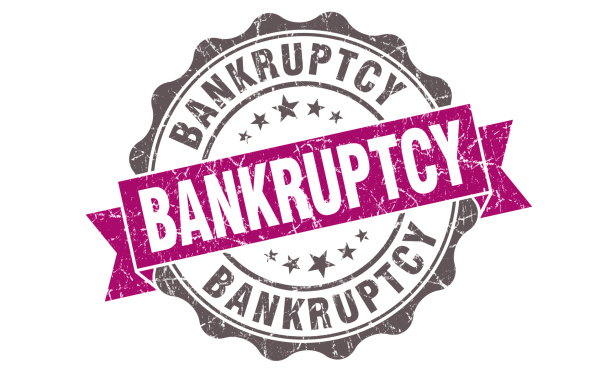The ability to obtain a discharge of a person’s debts in bankruptcy—either through a reorganization of his or her affairs or liquidation proceeding administered by a court-appointed trustee—is a fundamental benefit of filing for bankruptcy. When a debtor’s prepetition actions involve fraud, concealment, or other examples of a lack of good faith, bankruptcy courts dismiss such “bad faith” filings, thereby denying debtors the protections and benefits of the federal bankruptcy law. Usually bad faith involves fraud, concealment, or other types of white-collar criminal activity. Debts arising from other types of tortious conduct are also excepted from being discharged.
In recent years, there has been movement to legalize the production, sale and use of marijuana in certain states, first for medicinal purposes, but more recently for recreational use as well. Most notably, Colorado has legalized the production and sale of marijuana under certain circumstances notwithstanding that such production and sale remains illegal under federal law. One must wonder how this strange legal web plays out.



